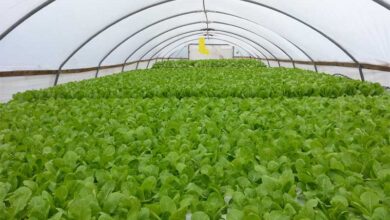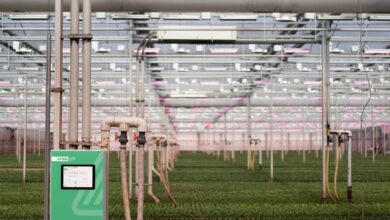Israeli Agriculture’s Potential Down Under
Israel has a Potential Export Market for Innovative Agricultural Products in Australia

In a recently published article, Ettie Levy, Israel’s commercial attaché in Sydney reported on the growing need for advanced agricultural technology in Australia. A detailed report submitted by the Warren Centre for Advanced Engineering for the Australian government’s consideration when preparing its five-year plan calls for the digitalization of farms, establishing agricultural data bases, employment of advanced algorithms and robotics, among other technologies.
Israeli technology can offer its advanced products to the Australian government and become a partner in the future planning of the Australian farming sector. Israel’s commercial attaches are currently approaching companies with suitable technologies and signing up a delegation of decision-makers to come to the Agritech exhibition in April 2015 and they would like to include suitable companies in the delegate’s schedule.
The importance of agriculture and its diverse products for the Australian economy can be seen in the fact that agriculture accounts for about 12% of the GNP, supplies 93% of local market demands and exports about 60% of its produce. Additionally, these Australian farms, which are mostly owned by families, provide employment for about 1.6 million people or about 7.5% of the entire population.
The slow down in Australian agriculture’s annual growth over the past five years has prompted the government to take active steps to encourage growth. Such progress depends on dealing with several challenges and the most serious one is global warming resulting in long periods of drought that make the regular supply of water for irrigation imperative. Israel agriculture has experience in dealing with such challenges.
The Warren Centre’s strategy outlines proposals for such government action and calls for the rapid implementation of innovative agricultural technologies, including the development of an easily accessible, reliable and broad data base. This requires adopting a strategy to analyze the challenges and risks involved in addition to providing the farmers with the necessary training for the implementation and maintenance in using the integrative information systems.
This Australian initiative with its five-year plan for agricultural technology opens up a major opportunity to adopt relevant Israeli technologies.




